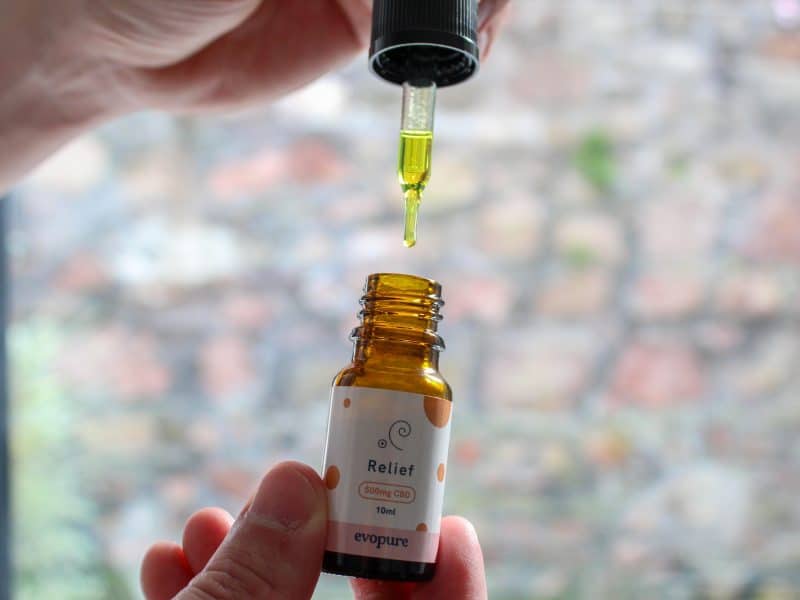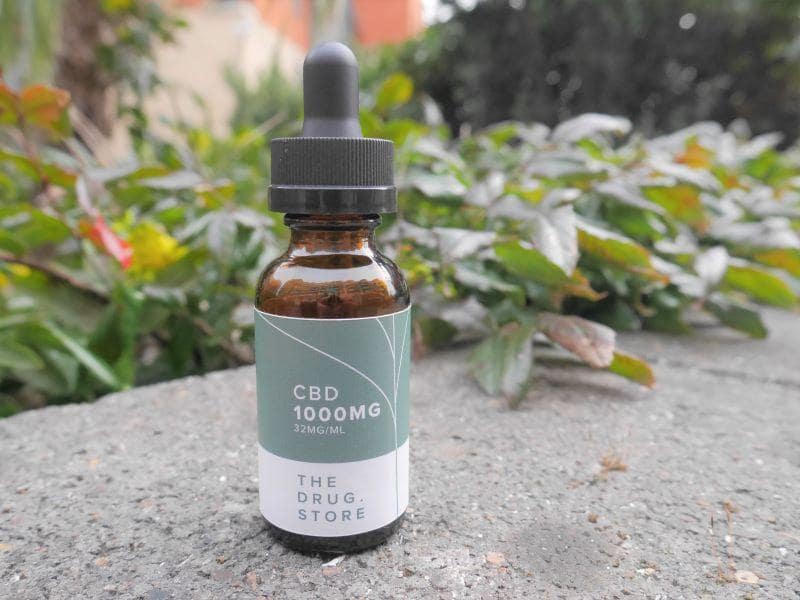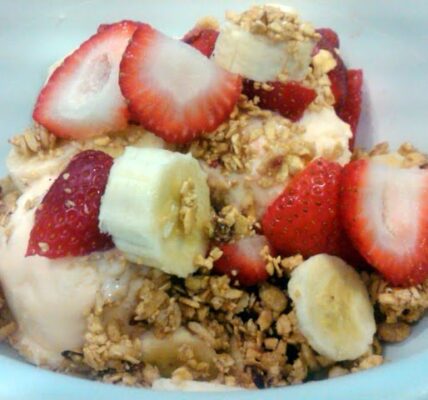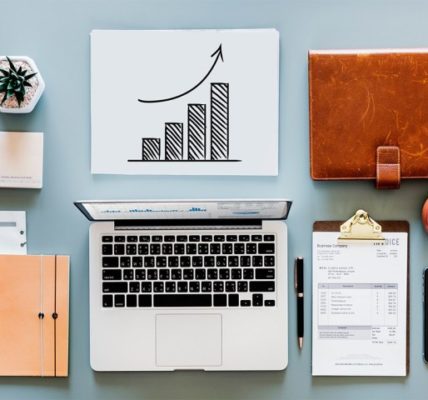This is probably the first time you’ve heard of CBD oil, and I’m sure you’re going to miss it. There are many athletes who opt for natural alternatives to medications to reduce anxiety, sleep better or recover from a workout. Yes, we are talking about hemp extract, which many claim to have health benefits, without the drawbacks of hemp.
It seems that in recent years there is a boom in the consumption of this oil, so more and more athletes are considering using CBD oil in their routine.
What is CBD?
CBD is an abbreviation for cannabidiol, one of more than 100 cannabinoids found in hemp. CBD products are said to provide numerous benefits because they boost the body’s endocannabinoid system (a system that controls the function of a variety of systems throughout the body, including the cardiovascular system).
Endocannabinoids are familiar to runners and cyclists because of the role they play in the mood boosts generated by running. That euphoric phenomenon is thought to be due to activation of the same receptors in the brain that the tetrahydrocannabinol (THC) in hemp acts on. CBD is not psychoactive, so it does not produce high euphoria.
Is it legal to consume CBD?
Almost all CBD products we find on the market are made from industrial hemp, a hemp plant that, by definition, contains no more than 3% THC. Hemp-based CBD products are as legal as most commercial nutritional supplements.
In the world of athletics, hemp-derived CBD was removed from the World Anti-Doping Agency’s list of banned substances earlier this year. In fact, hemp legalization should succeed in further separating CBD from its cultural association with hemp. So yes, it is legal.
How to take CBD?
CBD products can be found in numerous varieties, including extracts, gel capsules and skin applications. Floyd’s of Leadville brand has protein powders and a hydrate drink that contains CBD. PurePower Botanicals offers capsules that combine CBD with herbs and other natural medicines, such as turmeric.

What is CBD supposed to contribute?
Proponents of this extract say it helps with a wide variety of conditions, such as anxiety, insomnia, inflammation or nausea. The endocannabinoid system is present in every organ of the body and is responsible for controlling many physiological processes, such as food intake, energy balance, learning, memory and pain processing. It can be affected by pain, appetite, emotion, metabolism, muscle inflammation or the immune system.
For now, there is not much scientific evidence on the benefits of CBD. Last year, the FDA (US Food and Drug Administration) approved the first CBD drug (Epidiolex) to treat seizures associated with epilepsy. However, the FDA does not allow CBD products to be dietary supplements. In no case can manufacturers claim that their products will treat or cure any disease. Although we do see phrases like “restores vitality”, “relaxes and recovers” and “can keep you healthier”.
How should we take CBD?
As we said before, CBD is usually consumed as an extract, gel, skin cream or powder for shakes. The tricky thing about consuming this product is that the effective doses can be very different from person to person. There is no one way to determine what is the right amount for you, but if you are a drug sensitive person, start by consuming the minimum of the typical doses. That is, a daily dose of 5 to 15 milligrams.
Be careful not to overdo it. Significant adverse reactions have not yet been reported, but there is a threshold at which the products are no longer effective, and may even be less effective. Some people feel too groggy if they take CBD in the morning and at night. So it is best not to go over the indicated intake. Experts recommend starting with CBD before going to sleep. Also, if you consume them in capsules, you will be able to know the exact amount you are taking.
If you are searching for what is CBD oil, you may want to check out Ecowatch for more information.








